Related Research Articles
The reference desk or information desk of a library is a public service counter where professional librarians provide library users with direction to library materials, advice on library collections and services, and expertise on multiple kinds of information from multiple sources.
Interlibrary loan is a service where patrons of one library can borrow materials and receive photocopies of documents that are owned by another library. The user makes a request with a library, which identifies libraries with the desired item, places the request, receives the item, gives it to the user, and arranges for its return. In some cases, fees accompany interlibrary loan services.

A public library is a library that is accessible by the general public and is usually funded from public sources, such as taxes. It is operated by librarians and library paraprofessionals, who are also civil servants.

A librarian is a person who works professionally in a library providing access to information, and sometimes social or technical programming, or instruction on information literacy to users.
The American Library Association (ALA) is a nonprofit organization based in the United States that promotes libraries and library education internationally. It is the oldest and largest library association in the world, with 49,727 members as of 2021.
Sanford Berman is a librarian. He is known for radicalism, promoting alternative viewpoints in librarianship, and acting as a proactive information conduit to other librarians around the world. His vehicles of influence include public speaking, voluminous correspondence, and unsolicited "care packages" delivered via the U.S. Postal Service. Will Manley, columnist for the American Library Association (ALA) publication, American Libraries, has praised Berman: "He makes you proud to be a librarian."

Linda Anne Eastman was an American librarian. She was selected by the American Library Association (ALA) as one of the 100 most important librarians of the 20th century.
Digital reference is a service by which a library reference service is conducted online, and the reference transaction is a computer-mediated communication. It is the remote, computer-mediated delivery of reference information provided by library professionals to users who cannot access or do not want face-to-face communication. Virtual reference service is most often an extension of a library's existing reference service program. The word "reference" in this context refers to the task of providing assistance to library users in finding information, answering questions, and otherwise fulfilling users’ information needs. Reference work often but not always involves using reference works, such as dictionaries, encyclopedias, etc. This form of reference work expands reference services from the physical reference desk to a "virtual" reference desk where the patron could be writing from home, work or a variety of other locations.
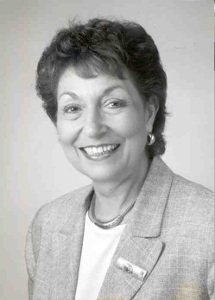
Judith Fingeret Krug was an American librarian, freedom of speech proponent, and critic of censorship. Krug became director of the Office for Intellectual Freedom at the American Library Association in 1967. In 1969, she joined the Freedom to Read Foundation as its executive director. Krug co-founded Banned Books Week in 1982.
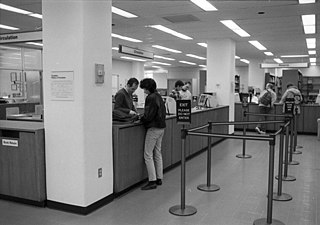
Library circulation or library lending comprises the activities around the lending of library books and other material to users of a lending library. A circulation or lending department is one of the key departments of a library.
Readers' advisory is a service which involves suggesting fiction and nonfiction titles to a reader through direct or indirect means. This service is a fundamental library service; however, readers' advisory also occurs in commercial contexts such as bookstores. Currently, almost all North American public libraries offer some form of readers' advisory.
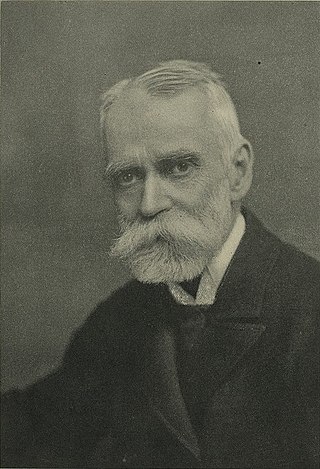
Samuel Swett Green was a founding figure in America’s public library movement.

Clara Stanton Jones was the first African-American president of the American Library Association, serving as its acting president from April 11 to July 22 in 1976 and then its president from July 22, 1976 to 1977. Also, in 1970 she became the first African American and the first woman to serve as director of a major library system in America, as director of the Detroit Public Library.
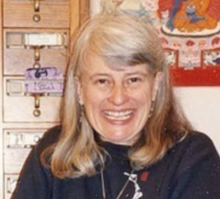
Celeste (Celestia) West was an American librarian and lesbian author, known for her alternative viewpoints in librarianship and her authorship of books about lesbian sex and polyfidelity. She herself was polyamorous.
The Jean E. Coleman Library Outreach Lecture presented at the annual conference of the American Library Association is tribute to the work of Jean E. Coleman to ensure that all citizens, particularly Native Americans and adult learners, have access to quality library services. Dr. Coleman directed the American Library Association, Office for Literacy and Outreach Services (OLOS) which served the Association by identifying and promoting library services that support equitable access to the knowledge and information stored in our libraries. OLOS focused attention on services that are inclusive of traditionally underserved populations, including new and non-readers, people geographically isolated, people with disabilities, rural and urban poor people, and people generally discriminated against based on race, ethnicity, sexual orientation, gender identification, age, language and social class. The Jean E. Coleman lecture is now sponsored by the Office for Diversity, Literacy and Outreach Services (ODLOS).
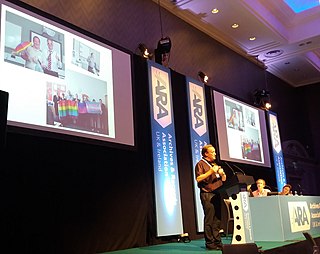
The field of library science seeks to provide a diverse working environment in libraries. Ways to change the status quo include diversifying the job field with regards to age, class, disabilities, ethnicity, gender identity, race, sex, and sexual orientation.
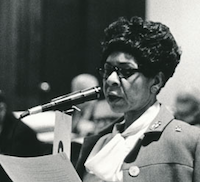
Effie Lee Morris was an African American children’s librarian, educator, and activist, best known for her pioneering public library services for minorities and the visually-impaired. Morris developed Cleveland Public Library's first Negro History Week and was New York Public Library's first children's specialist for visually-impaired patrons. She was the first coordinator of children's services at San Francisco Public Library, where she was also the first African American to hold an administrative position.

Emily Drabinski is an academic librarian, author, teacher and president-elect of the American Library Association for 2023-24.
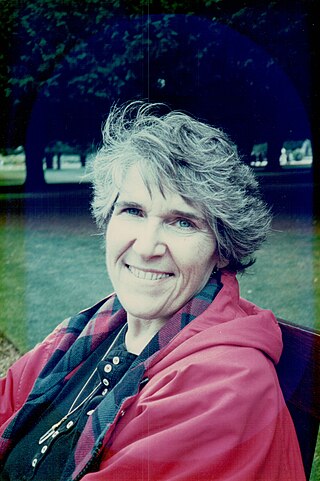
Regina Ursula Minudri was an American librarian best known as an outspoken proponent for public libraries and library services to young people. She served as president of the American Library Association from 1986 to 1987.

Patricia "Patty" Wong is the city librarian of Santa Clara, California. Wong is the president of the American Library Association (ALA) for the 2021-2022 term and is the first Asian American president of the ALA. She has been on the faculty at the San Jose State University iSchool since 2006, teaching subjects such as equitable access to library services, library management, and library services to young people.
References
- 1 2 Wiley, Peter Booth (1996). A Free Library in this City: The Illustrated History of the San Francisco Public Library . San Francisco: Weldon Owen. p. 176. ISBN 9781875137053.
- 1 2 3 4 Coenenberg, Richard (December 1968). "SYNERGIZING Reference Service in the San Francisco Bay Region". ALA Bulletin. 62 (11): 1379–84. JSTOR 25698028.
- 1 2 Dustin, M. J. (1988). "The MINITEX Reference Service: A Publicly Funded Information Broker". In Kinder, Robin; Katz, Bill; School of Library and Information Science, State University of New York at Albany (eds.). Information Brokers and Reference Services. New York: Haworth. p. 137. ISBN 9780866567305.
- 1 2 Crowley, Terence (1984). "Referred Reference Questions: How Well Are They Answered?". In Katz, Bill; Fraley, Ruth A. (eds.). Evaluation of Reference Services. New York: Haworth. pp. 83–92. ISBN 9780866563772.
- ↑ West, Celeste (2010) [2003]. "Introduction: Revolting Librarians Rides Again". In Samek, Toni; Roberto, K. R.; Lang, Moyra (eds.). She Was a Booklegger: Remembering Celeste West. Duluth, Minnesota: Library Juice. p. 226. ISBN 9780980200492.
- 1 2 3 4 5 6 7 Wiley, p. 178.
- 1 2 Swanson, Edward (July–August 1973). "Synergy Protest". American Libraries (Letter). 4 (7): 408. JSTOR 25619256.
- ↑ West, p. 228.
- ↑ Childers, Thomas (October 1978). "The Future of Reference and Information Service in the Public Library". The Library Quarterly. 48 (4: Proceedings of the Thirty-Ninth Annual Conference of the Graduate Library School, April 10–11, 1978. The Public Library: Circumstance and Prospects): 465. doi:10.1086/600836. JSTOR 4307020. S2CID 58120604.
- ↑ "Excellence in Action: 1999 ALA Award Winners". American Libraries. 30 (8): 80–87. September 1999. JSTOR 25637296.